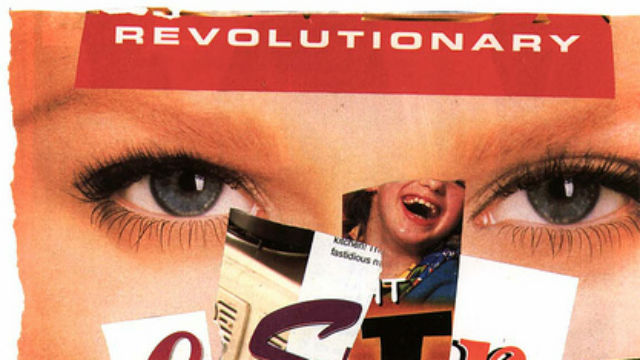Who Slept in Shakespeare’s Bed? (And Why Does it Matter?)

What’s the Big Idea?
Literary scholars have long wondered about the identity of “Mr. W.H.,” the man Shakespeare dedicated his sonnets to. Was Mr. W.H. the editor of the collection, or was he an actual love interest? Was he William Herbert, Earl of Pembroke? Was there some sort of love triangle between Shakespeare, Herbert and the “dark lady” of the sonnets? We simply don’t know, and this remains one of the great unsolved mysteries of English literature.
Was Shakespeare gay? We can only speculate, but the larger question is what exactly does a “gay Shakespeare” mean given the slipperiness of sexual categories during the Bard of Avon’s life? Stephen Greenblatt, author of Will in the World: How Shakespeare Became Shakespeare, and more recently, The Swerve: How the World Became Modern, tells Big Think there was “a perpetual bed shortage” in England during Shakespeare’s time. In other words, people really seemed to enjoy sharing beds, including people of the same sex.
On the other hand, Greenblatt points to “exceedingly unpleasant” anti-sodomy laws that would have served as strong prohibitions against homosexuality. However, Greenblatt also points out that “almost no one was prosecuted under these laws.”
In other words, Elizabethan England may have been much more permissive in regard to homosexuality than previously thought. In fact, Greenblatt says that Shakespeare inhabited a world in which “it is much more possible to express homosexual passion and enact that passion without triggering a social crisis.”
Watch the video here:
So did Shakespeare possess, and act on, such a passion? We know he married Anne Hathaway, of course, who Shakespeare left his “second best bed” to in his will. Much has made of this, although the best bed probably went to his daughter, not a gay lover. Other biographical evidence of Shakespeare’s sex life is, at best, ambiguous.
And so we turn to Shakespeare’s body of work, and there we see lots of cross-dressing and the use of gender-bending plot devices. There are also several prominent characters in the Shakespeare canon who appear to be gay, notably Antonio in The Merchant of Venice.
The only direct reference to homosexuality in Shakespeare’s plays is found in Act V scene i of Troilus and Cressida:
THERSITES
Prithee, be silent, boy; I profit not by thy talk: thou art thought to be Achilles’ male varlet.PATROCLUS
Male varlet, you rogue! what’s that?THERSITES
Why, his masculine whore. Now, the rotten diseases of the south, the guts-griping, ruptures, catarrhs, loads o’ gravel i’ the back, lethargies, cold palsies, raw eyes, dirt-rotten livers, wheezing lungs, bladders full of imposthume, sciaticas, limekilns i’ the palm, incurable bone-ache, and the rivelled fee-simple of the tetter, take and take again such preposterous discoveries!
One could say this condemnation of homosexuality is an argument against a gay Shakespeare. However, as we know, some of the homophobes who shout the loudest turn out to be gay. So given the scant evidence in the plays, critics often turn to the sonnets, which have been called “the Bermuda triangle” of literary criticism. These poems, which may never have been intended for publication, offer us perhaps the most direct glimpse at Shakespeare’s inner, erotic life. The poet Don Paterson made waves by arguing Shakespeare was unequivocally gay in his 2012 book Reading Shakespeare’s Sonnets: A New Commentary. Paterson says the argument is simple:
First, falling in love with other men is often a good indication of homosexuality; and second, as much as I love some of my male friends, I’m never going to write 126 poems for them, even the dead ones. Third, read the poems, then tell me these are “pure expressions of love for a male friend” and keep a straight face. This is a crazy, all-consuming, feverish and sweaty love; love, in all its uncut, full-strength intensity; an adolescent love.
Image courtesy of Shutterstock
Follow Daniel Honan on Twitter @Daniel Honan





